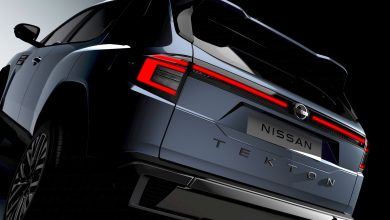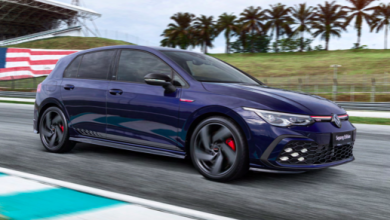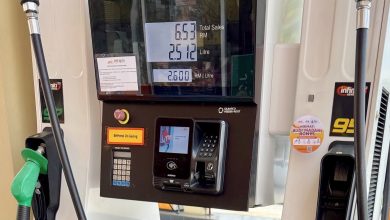How will the COVID-19 affect car dealers in the coming months?
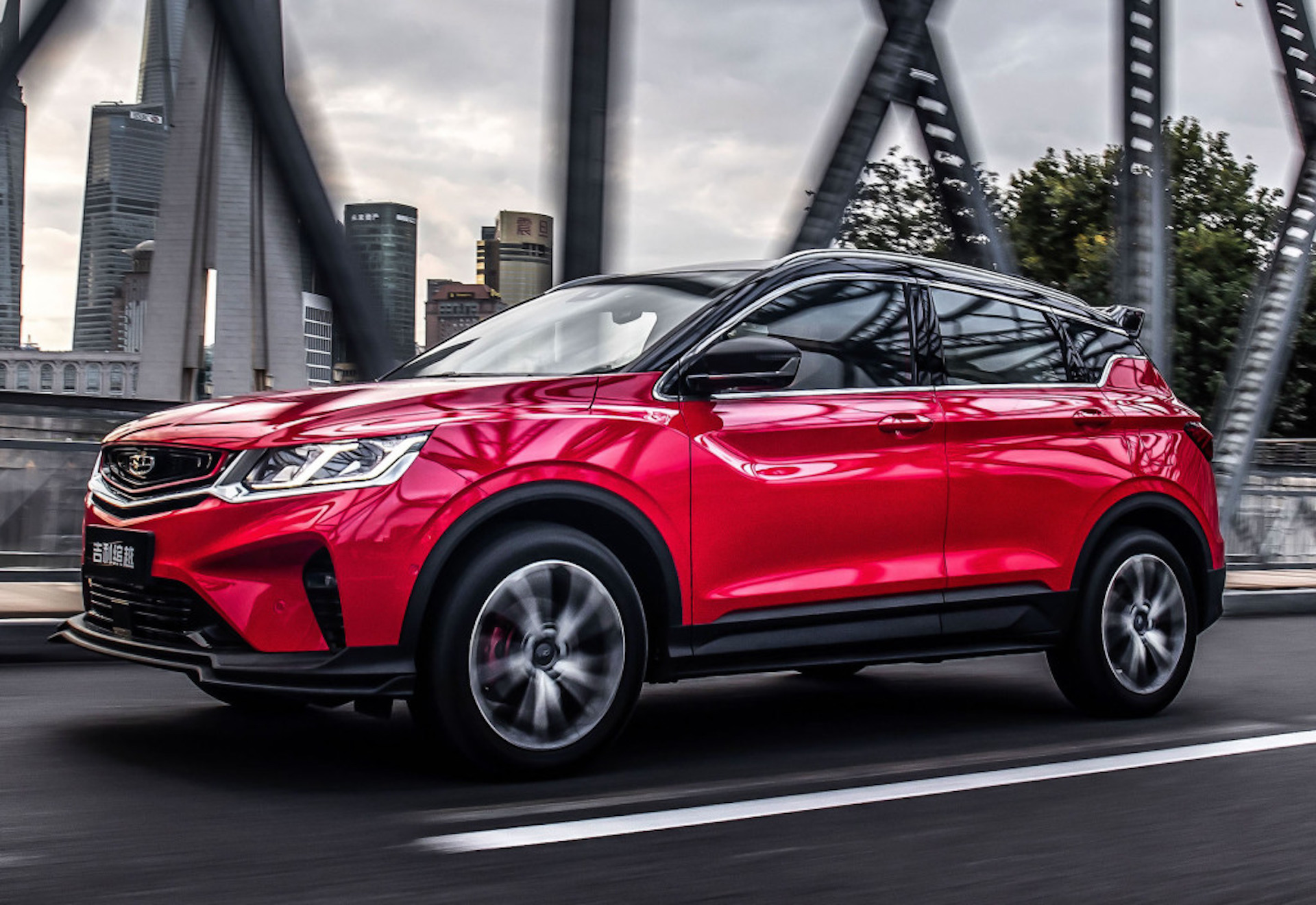
The COVID-19 lockdown in Malaysia and also the rest of the globe is affecting ninety percent of the global business community in one way or another. The automotive industry is one of the many industries that will be put on a real test in the coming months and there is no economic strategy that can be put in place to revive the automotive business before a handful fall into deep end.

The best thing to do is the same as in China: the peak of infections will show itself in six to eight weeks. Then production and sales could start picking up again at the earliest in mid-May to early June, and mind you, this applies to the best case scenario. Middle class Malaysians will still be able to buy lower priced cars (vehicles priced below RM150,000) as their incomes are protected by the government and the lower middle class will struggle to find the feet. The above middle class, especially small and medium business owners will probably end up a notch lower in the food chain, losing their business, savings and even a home or two.
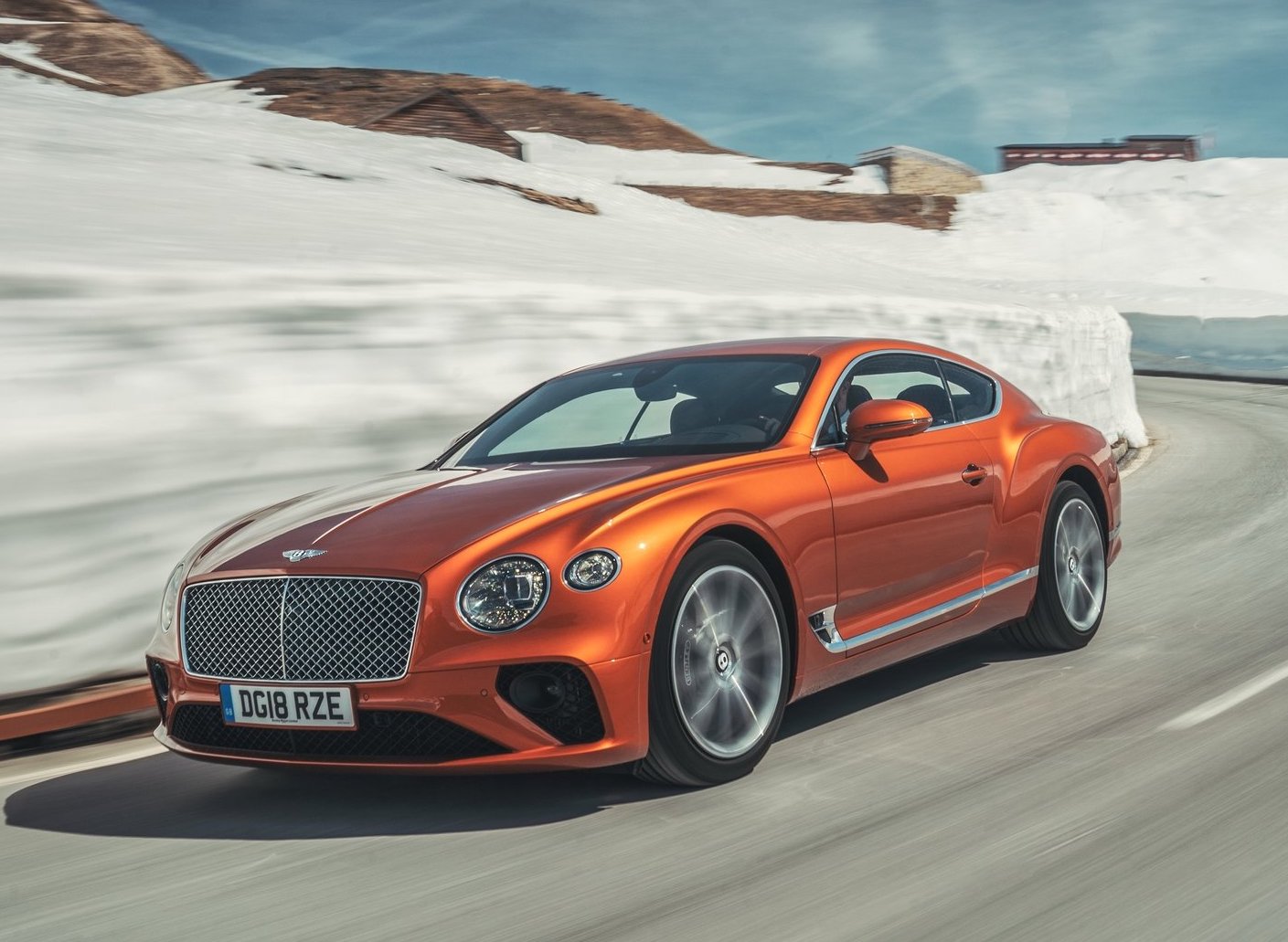
The super rich will still be around, with an initial smaller asset portfolio (it will double or triple in a year after COVID-19 as the quick rising financial markets work for them), but they will be more conservative in showing their wealth immediately as the rest are watching.
Customers avoid expensive purchases
Today, the big car dealership is struggling with considerable problems: it can carry out servicing and repairs, but it cannot sell cars in the showroom. Even the delivery of vehicles that have already been ordered might be difficult with cancellations from SME owners losing their businesses or keeping their cash to try and sustain their business.
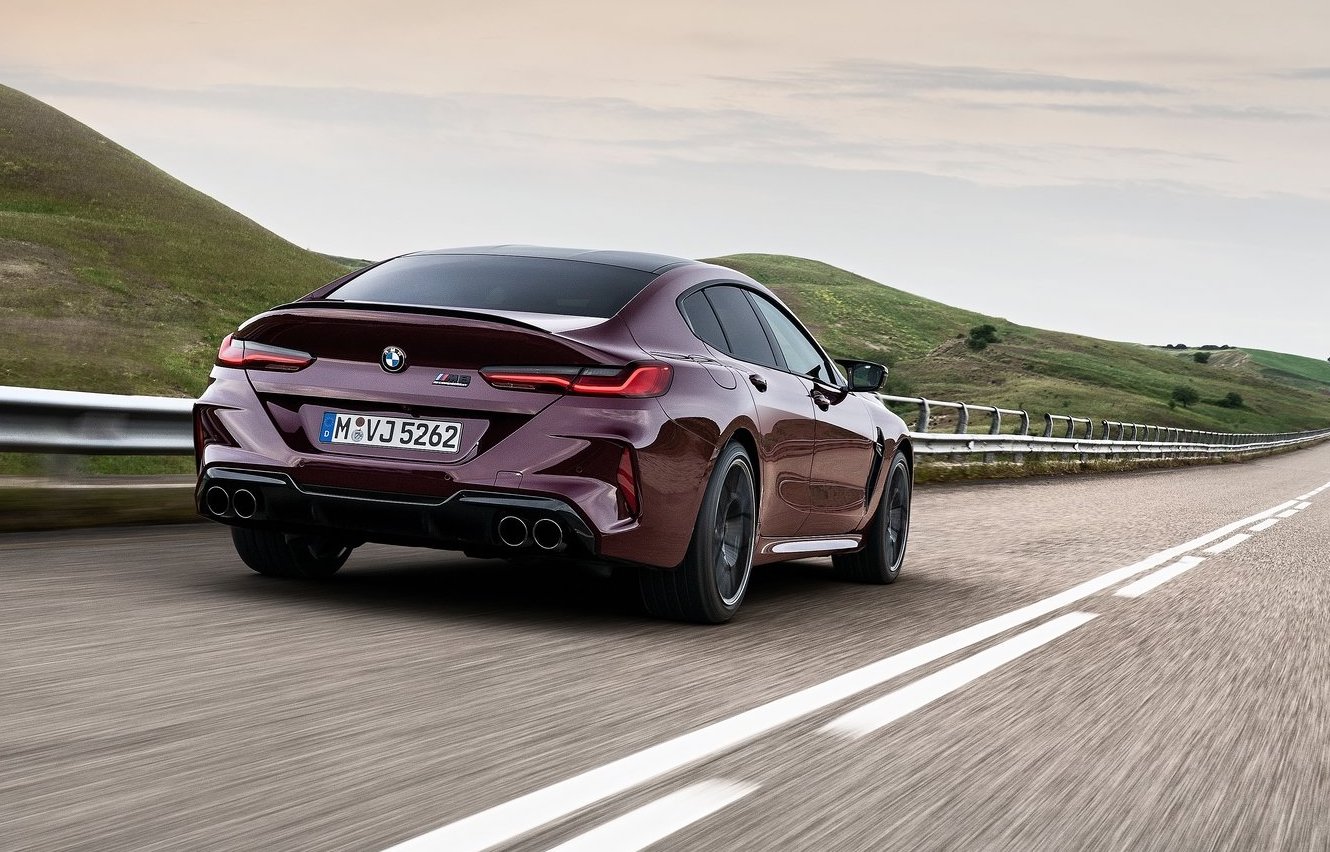
Losses now incurred cannot be recouped soon. In the best case scenario, this year will result in a loss of ten to twenty percent; in a more realistic scenario, the automotive industry expects a loss of twenty to thirty percent.
Most car brands have announced that it will continue to produce. Even with most manufacturers having closed their plants, business after will continue and its production will be revived and its suppliers will soon have to deal with other issues. This should have an impact on the stability of the supply chain and, of course, on production in its own factories.
Global CO2 penalty waiver
This will be the biggest global change after COVID-19. The high CO2 penalties imposed by Europeans nations and some American states will no longer be appropriate for the auto industry shaken by the COVID-19 crisis. CO2 penalties cannot be changed by legislators overnight and changing the regulations quickly depending on the situation will not be a priority for many. So, car brands will lobby legislators with possible job cuts and factory closures to ‘push’ legislators to be more relaxed with penalties.
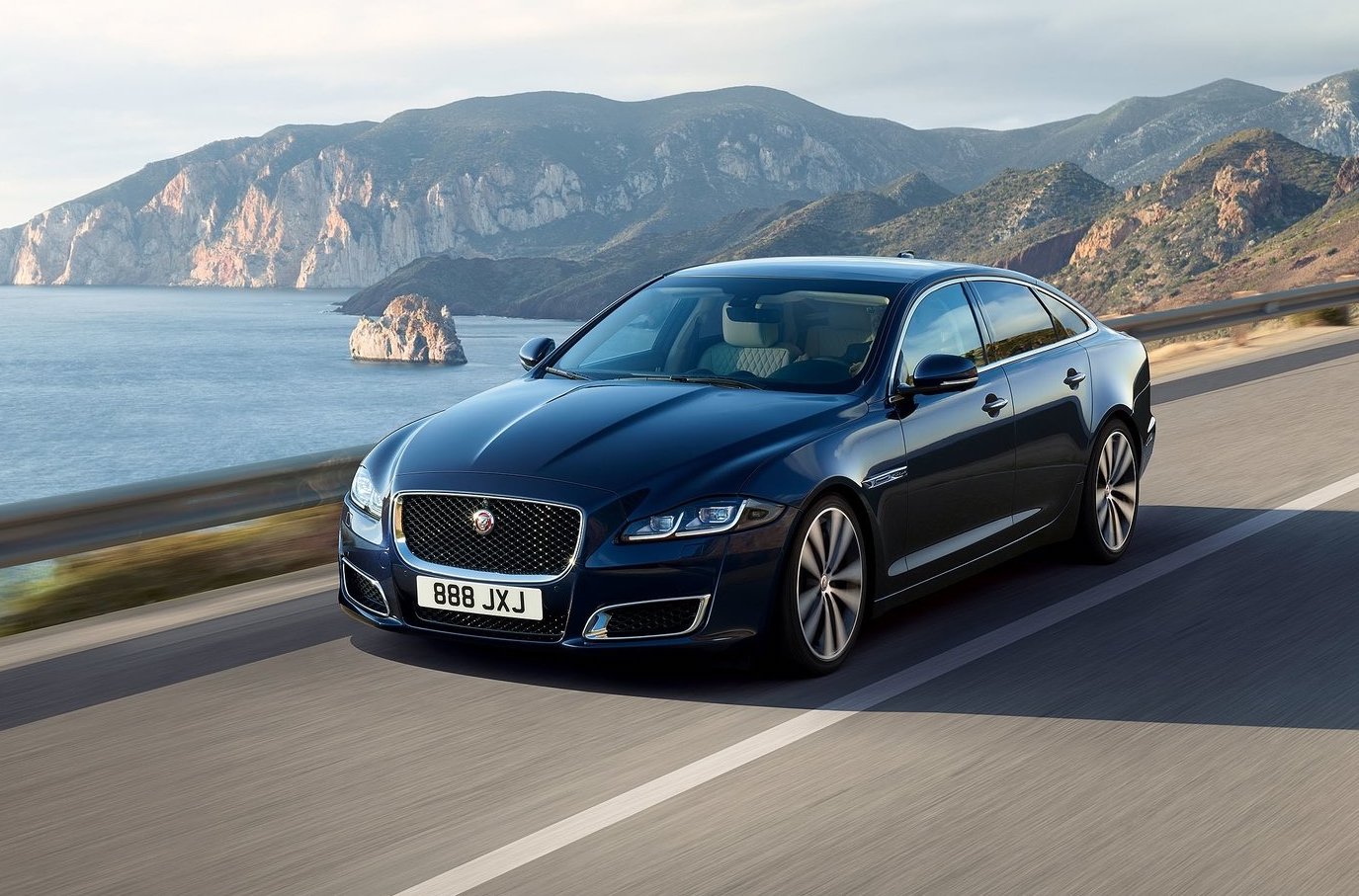
Meanwhile the electric car offensive will carry on for some car manufacturers as the research and development costs already incurred is just too high, even if manufacturers like Audi (due to lack of batteries) and Volkswagen (software problems) are just noticing that the production of electric cars is not that easy, business as usual will prevail until rivals who have not invested heavily in EV’s start overtaking them in sales. The shift back to petrol powered cars might return for Volvo and Volkswagen until further notice.
With super low oil prices, the push for electric vehicle adoption will be very much slower than a year ago.
Opportunities after the crisis is over
There could be a consolidation in the auto industry. After the COVID-19 crisis, the auto industry may be working even more focused than before and we could see some companies selling out in order to keep factories running. Might even see some brands retiring completely, like Saab many years ago.


